- Superpower Daily
- Posts
- Thinking Machines Lab is ex-OpenAI CTO Mira Murati’s new startup
Thinking Machines Lab is ex-OpenAI CTO Mira Murati’s new startup
OpenAI tries to ‘uncensor’ ChatGPT
In today’s email:
🔥 OpenAI postpones its o3 AI model in favor of a ‘unified’ next-gen release
☠️ Humane’s AI Pin is dead, as HP buys startup’s assets for $116M
👀 Elon Musk’s xAI releases its latest flagship model, Grok 3
🧰 12 new AI-powered tools and resources. Make sure to check the online version for the full list of tools.



Former OpenAI CTO Mira Murati has launched Thinking Machines Lab, a startup focused on developing advanced artificial intelligence systems that are more widely understood, customizable, and capable than current offerings. The company aims to address critical gaps in the scientific community’s understanding of frontier AI by providing tools that facilitate collaboration between users and AI systems, with particular emphasis on multimodal functionality in domains such as science and programming.
Key personnel include CEO Mira Murati, chief scientist John Schulman, and CTO Barret Zoph, all of whom bring significant expertise from top-tier research institutions. The startup’s strategy involves rethinking conventional objectives to generate transformative applications and benefits, while also prioritizing AI safety through the dissemination of best practices, code, datasets, and model specifications that support external alignment research and mitigate misuse.
Murati’s transition from OpenAI, where she contributed to the development of projects like ChatGPT and DALL-E, underscores the evolving landscape of AI innovation. With a team comprising former employees from leading firms such as OpenAI, Character AI, and Google DeepMind, Thinking Machines Lab is well-positioned to drive forward the safe and effective integration of advanced AI systems into diverse real-world applications.
Ready to embrace a new era of task delegation?
HubSpot’s highly anticipated AI Task Delegation Playbook is your key to supercharging your productivity and saving precious time.
Learn how to integrate AI technology into your processes, allowing you to optimize resource allocation and maximize output with precision and ease.

OpenAI is exploring governance mechanisms to maintain control of its board amid a potential hostile takeover attempt by Elon Musk. The organization, currently transitioning from a non-profit to a public benefit corporation (PBC), is considering granting special voting rights to its non-profit board. This measure would allow the board to override major investors such as Microsoft and SoftBank, as well as block external acquisition attempts like Musk’s unsolicited $97.4 billion bid. The proposal aims to counter criticisms that OpenAI is diverging from its original mission of advancing AI for the benefit of humanity.
Musk, a co-founder of OpenAI who left in 2018, has accused the company of improperly monetizing its non-profit assets. OpenAI has been in discussions to sell its non-profit holdings for approximately $30 billion, but Musk’s offer significantly exceeds this valuation. The board, however, rejected Musk’s bid, calling it an effort to undermine competition. Delaware’s attorney general must evaluate whether OpenAI’s transition aligns with public benefit requirements, though legal experts suggest Musk’s bid is unlikely to impede the conversion.
To secure long-term control, OpenAI may adopt defense strategies such as special voting rights or a shareholder rights plan, commonly known as a "poison pill," which has been used by companies like Meta and Twitter to prevent hostile takeovers. OpenAI’s board, advised by Goldman Sachs and M. Klein & Company, is prioritizing the organization's mission over financial considerations. While some argue the board should entertain Musk’s higher offer, OpenAI remains committed to structuring its governance to sustain independent oversight and uphold its stated mission.
More from OpenAI:
- OpenAI tries to ‘uncensor’ ChatGPT
- OpenAI removes certain content warnings from ChatGPT
- OpenAI Introduced the SWE-Lancer benchmark
- OpenAI postpones its o3 AI model in favor of a ‘unified’ next-gen release

Elon Musk’s AI company, xAI, has launched its latest flagship model, Grok 3, introducing significant advancements in reasoning and computing power. Developed in a Memphis data center with around 200,000 GPUs, Grok 3 boasts ten times the computing resources of its predecessor, leveraging an expanded dataset that includes legal filings. Musk claims the model is "maximally truth-seeking", even if its conclusions challenge political correctness. The Grok 3 family includes Grok 3 mini, optimized for speed, and Grok 3 Reasoning, which enhances problem-solving accuracy through self-checking mechanisms. Some features, such as voice mode and enterprise API access, will roll out in the coming weeks.
Grok 3 reportedly outperforms OpenAI’s GPT-4o on several benchmarks, including AIME for mathematics and GPQA for PhD-level scientific queries. It also excels in Chatbot Arena, a crowdsourced competition for AI model performance. The DeepSearch feature, designed to scan the internet and social media for research purposes, positions Grok 3 as a direct competitor to OpenAI’s deep research tools. xAI is offering access to these capabilities through X’s Premium+ tier ($50/month), while a SuperGrok plan ($30/month) unlocks advanced reasoning and unlimited image generation.
Musk has maintained his vision of Grok as an edgy, unfiltered AI, pushing back against concerns of political bias. While previous Grok models were found to lean left on social issues, Musk has vowed to make Grok "politically neutral" by refining its training data. Additionally, xAI has announced plans to open source Grok 2 once Grok 3 is stable, reinforcing its commitment to transparency. The upcoming voice mode and API integrations signal a push for broader AI accessibility, making Grok 3 a formidable player in the AI landscape.
Other stuff
Humane’s AI Pin is dead, as HP buys startup’s assets for $116M
If Musk wants AI for the world, why not open-source all the Grok models?
New York Times goes all-in on internal AI tools
S Korea removes Deepseek from app stores over privacy concerns
LlamaCon, open source AI developments conference by Meta
Britain dances to JD Vance’s tune as it renames AI institute
Autopsy: OpenAI whistleblower Suchir Balaji died of suicide
All your ChatGPT images in one place 🎉
You can now search for images, see their prompts, and download all images in one place.


Lovable Visual Edits - Faster and more precise edits
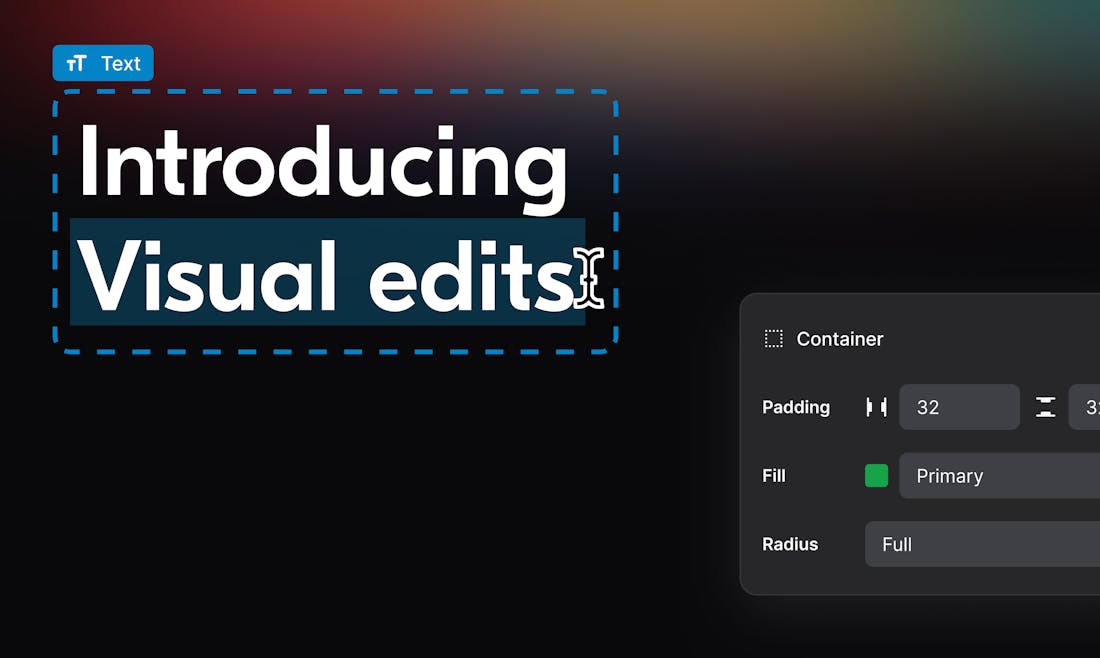
Reflect - Personal data tracking, insights, and experiments

OmniParser V2 - Turn any LLM into a Computer Use Agent
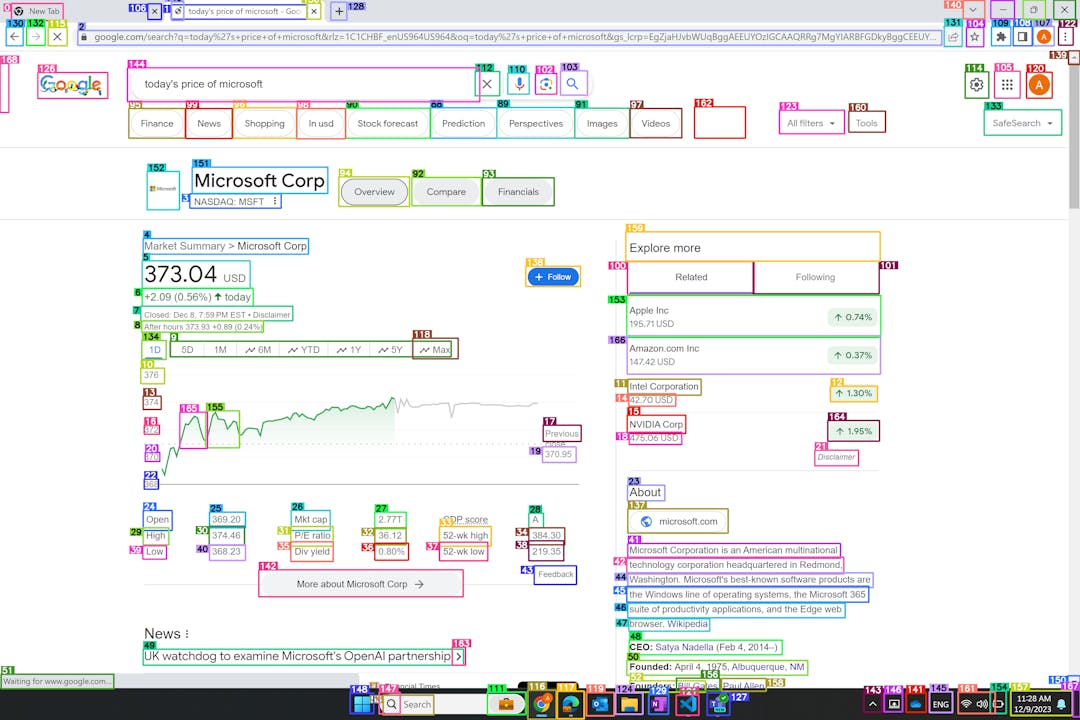
Supavec - The open-source RAG as a service platform

Breyta.ai - Extract key insights from multiple files — instantly

Webdraw Beta - Explore, remix, and build AI apps with 50+ models
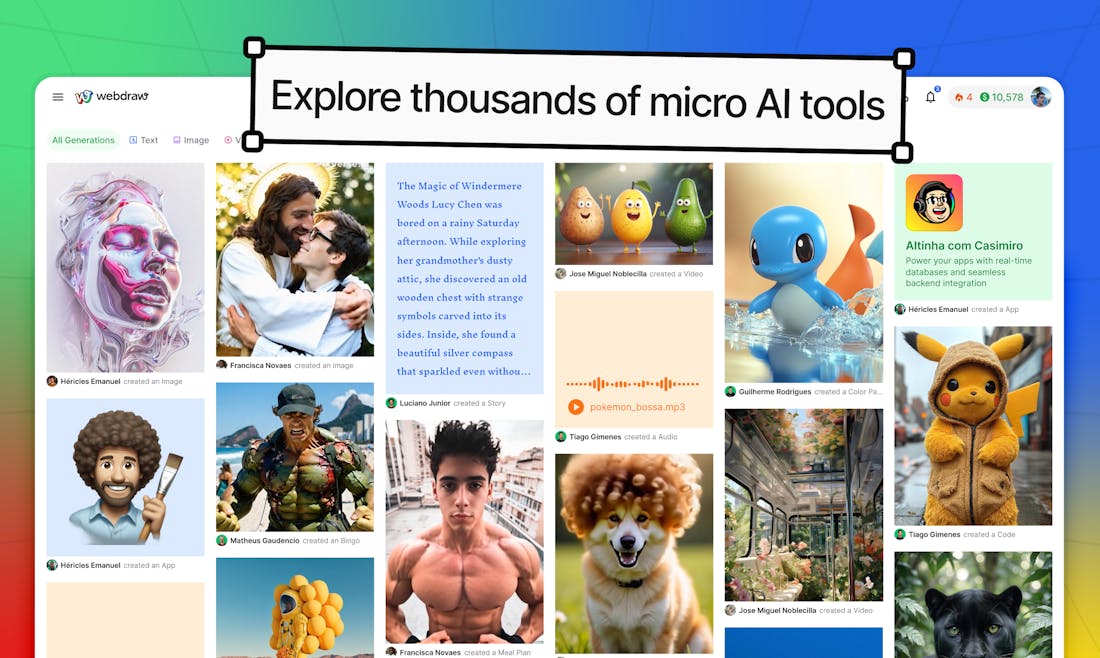
Tanka - AI Messenger with smart reply & long-term memory for teams
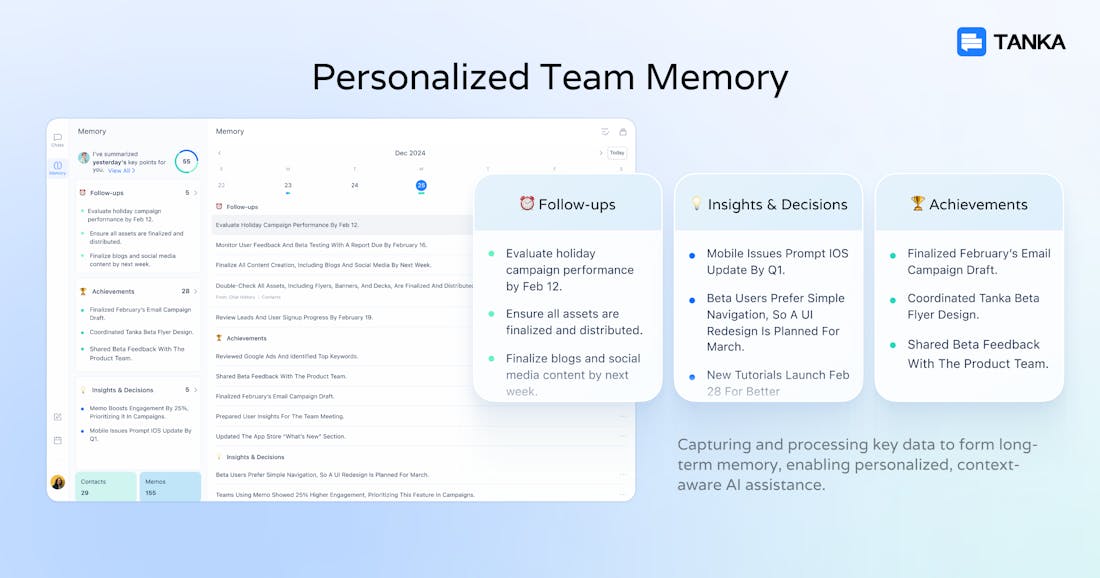
Andsend - A relationship agent, not another CRM

Base Chat - The simplest way to chat with your knowledge base

SEO AI Agent - Say goodbye to $5K agency fees. Hello AI marketing
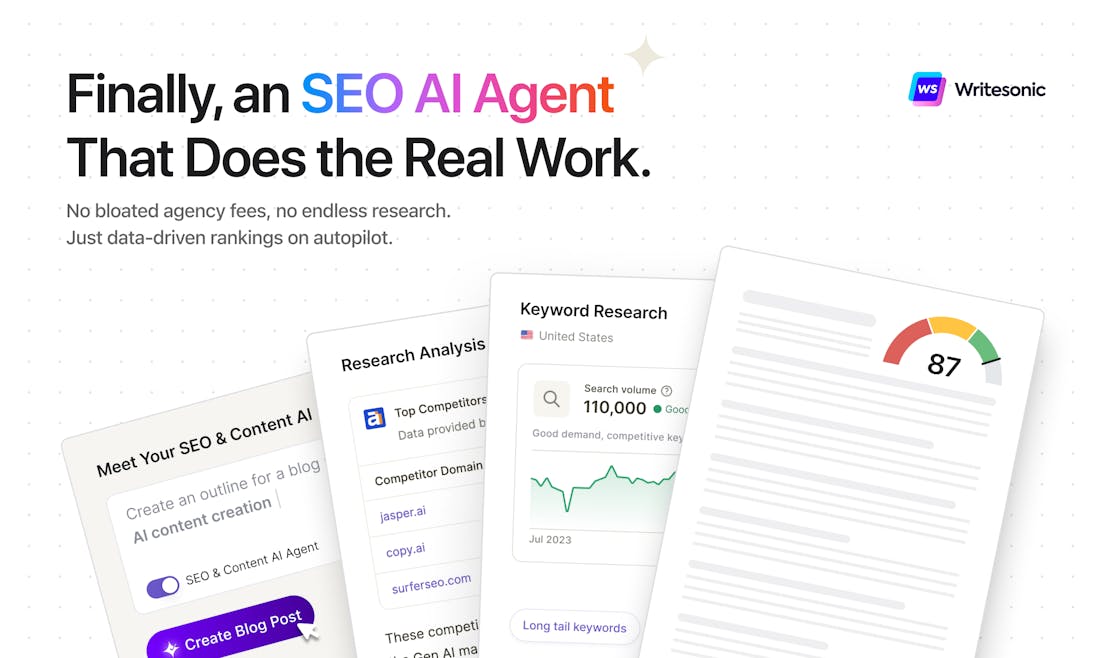
TypoTab - Refine your writing in seconds on macOS
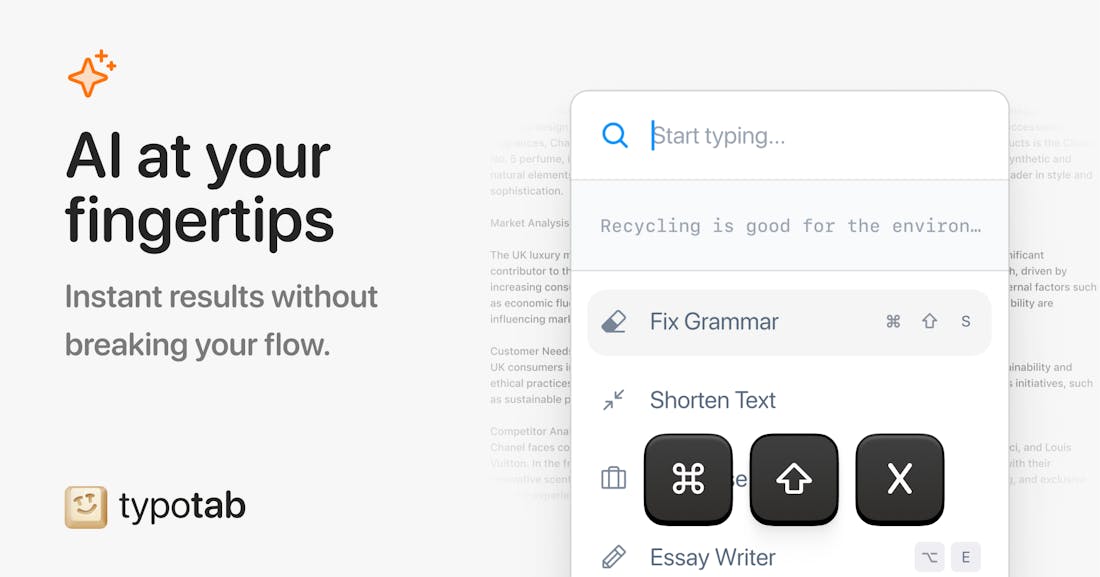
Lora - Integrate local LLM, with one line of code



How did you like today’s newsletter? |
Help share Superpower
⚡️ Be the Highlight of Someone's Day - Think a friend would enjoy this? Go ahead and forward it. They'll thank you for it!
Hope you enjoyed today's newsletter
Did you know you can add Superpower Daily to your RSS feed https://rss.beehiiv.com/feeds/GcFiF2T4I5.xml
⚡️ Join over 200,000 people using the Superpower ChatGPT extension on Chrome and Firefox.
OR



